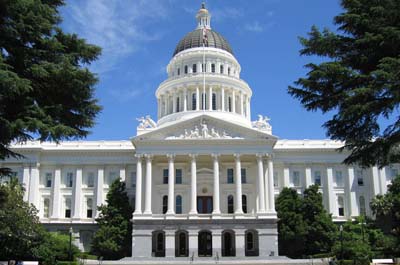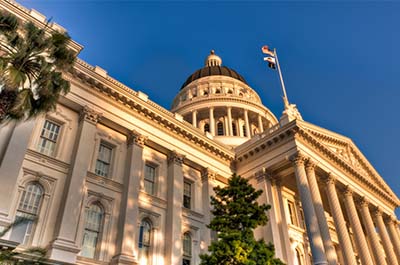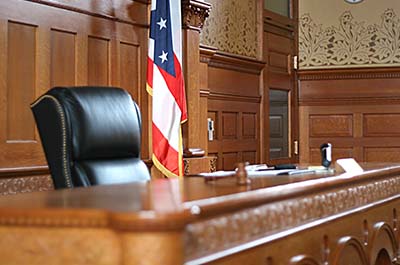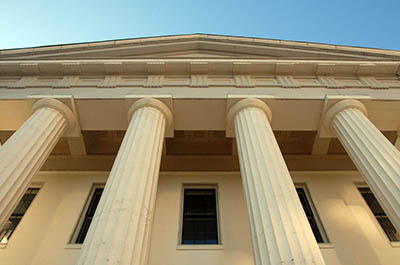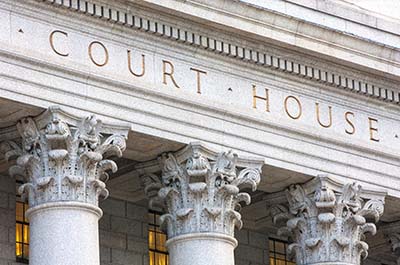COVID-19 is a novel form of coronavirus which causes respiratory disease that has affected communities worldwide, and cases of COVID-19 recently appeared in California communities, prompting concerns about student wellness, attendance, instruction, and school operations.
With growing concerns over the spread of the novel coronavirus, COVID-19, public agency employers are taking proactive steps to limit exposure and further transmission.
In California School Boards Association v. State of California ( CSBA), the California Supreme Court has allowed the Legislature to avoid appropriating new funding to cover the costs of state mandated programs.
On January 23, 2020, the California State Teachers' Retirement System ("CalSTRS") issued an Employer Information Circular taking a restrictive position regarding what leaves count for the purpose of calculating creditable compensation under the Teachers' Retirement Law.
The State Allocation Board (SAB) has increased the amount of "Level 1" developer fees that school districts are authorized to collect to $4.08 per square foot of residential development and $0.66 per square foot of commercial development.
Assembly Bill (AB) 1600, which took effect on January 1, 2020, shortens the filing timelines for Pitchess motions in criminal matters and renders the personnel records of supervisorial officers potentially discoverable.
In Koenig v. Warner Unified School District (2019) 41 Cal.App.5th 43, the California Court of Appeal added to the legal landscape under Government Code sections 53260 and 53261, which limits severance payouts to public employees, while also addressing the important concepts of severance of illegal contract provisions in the context of an employment termination agreement.
The California Supreme Court has ruled that third parties (private citizens, taxpayers, watchdog groups, etc.) do not have legal standing to sue public agencies to invalidate contracts allegedly made in violation of Government Code section 1090.
A recent California Appellate Court ruling has determined that a public entity's award of a second contract to a construction firm did not create a conflict of interest even though it related to an earlier contract between the parties.




